An important time of the year for sheep farmers, the breeding period is key for maximising returns from their enterprise. The best tups will provide a sheep farmer with the best yield during the breeding season.
What works for you?
Large Sheep Farms
For larger farms, it might make more sense to rear their own tups for the breeding season and sell them after their work is done. If you are running a large commercial sheep farm, you might be considering buying your ram lambs, to restock older animals or replace culled rams.
These larger commercial units may use EBVs (Estimated Breeding Values) to highlight the ram lambs that could sire the highest performance crop of lambs. Like EPDs, used in cattle farming, EBVs are a science-based measurement system designed to forecast the likely heritable traits that a ram could pass on to his offspring.
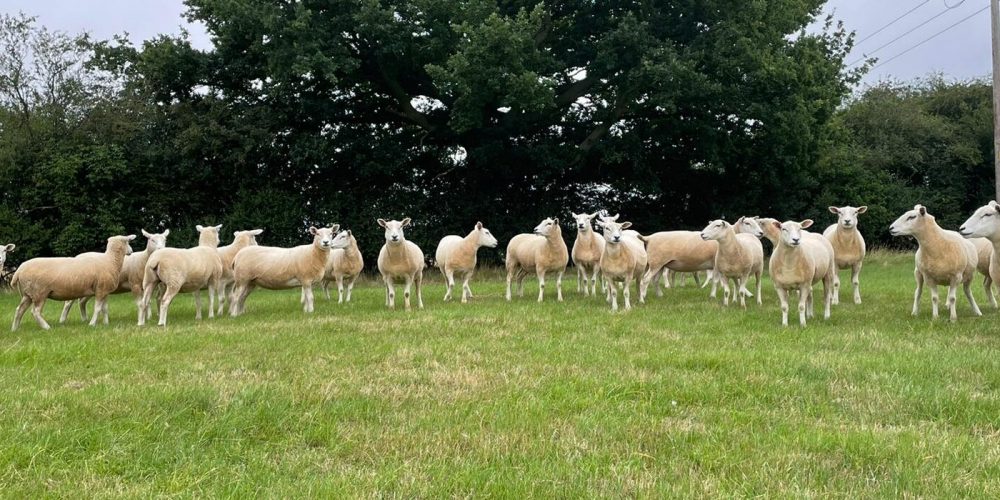
Smaller Sheep Farms
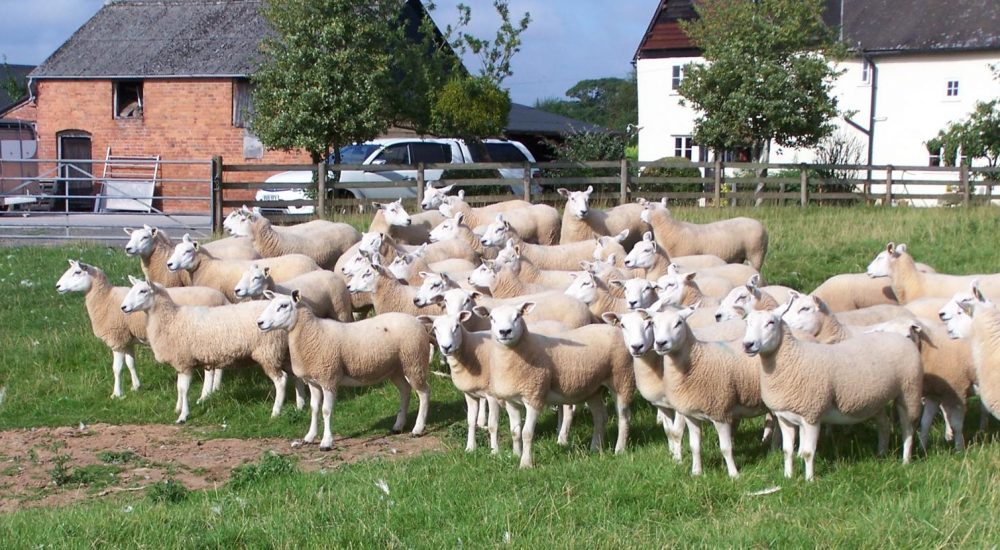
If you run a smaller sheep enterprise, you may not want to keep a tup of your own. Instead, you may be able to hire or borrow one from a neighbouring farmer. If ewes are well prepared for breeding and cycling effectively, a tup can serve 3-4 ewes a day. The recommended ration of tups to ewes is between 35 to 50 ewes per tup. So, if you have less than 50 ewes, a single ram lamb should be sufficient and, in some cases, breeders may even be willing to lend you one, to confirm that he is fertile.
If you are breeding pedigree stock, your breed society may be able to help.
Whether you’re a large or small sheep farm, your decisions prior to the breeding season can impact your revenue for the year. So, in both cases, farmers must weigh up the benefits of buying a ram, hiring one or borrowing one from a neighbouring farm for the breeding period. This page will give you the tools you need to make the best decisions for your farm.
Option 1: Buying Ram Lambs
If you are running a large commercial sheep farm, you might be considering buying your ram lambs, to restock older animals or replace culled rams. Smaller farms might be looking to improve the breeding results from last year and are therefore considering bringing a new ram in for the rut.
Whether you’re buying from a market, a breeder or simply farm-to-farm, we recommend that you ask for any lineage or ancestry records and EBVs if they are available. This will give you some indication about the performance you can expect from your new tups.
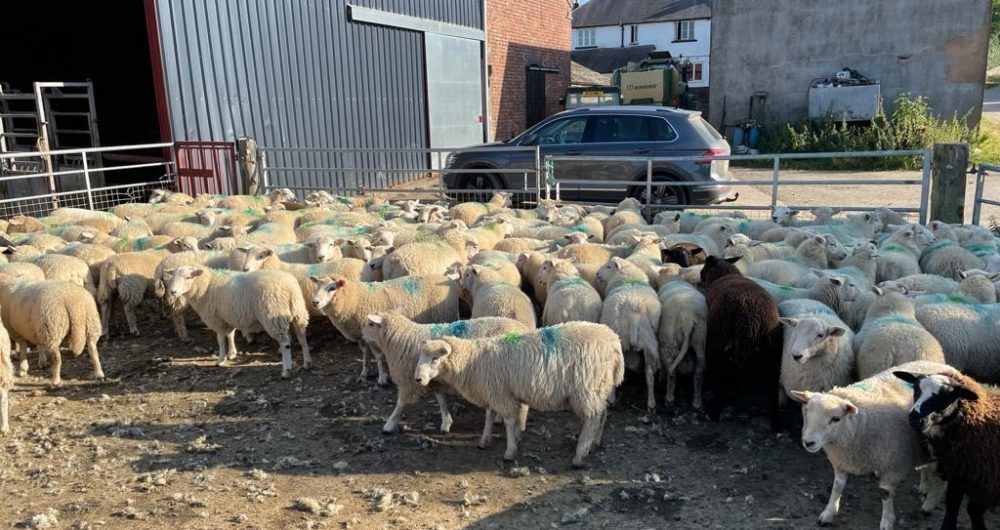
Option 2: Buying Second Hand
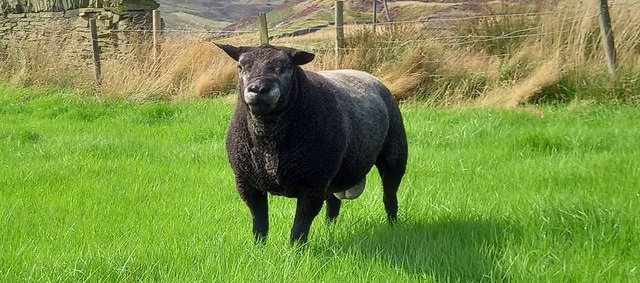
Every year, farmers will sell rams when they become too closely related to their flock – to prevent the ram from servicing his daughters. These rams will likely have a record of performance which the farmer selling them can provide.
Although these second-hand rams may be slightly older, you are investing in an experienced animal with a proven record in breeding over multiple years. You may even get a good deal on the second-hand ram.
When you buy a ram, you are taking on any maintenance costs associated with your ram. Any injuries or infections will need treating and a fatality can leave you with a low (or non-existent) crop. In some cases, a reputable breeder might replace a ram lamb if any problems occur soon after your purchase.
Option 3: Renting
If you are exploring ram rental options, we would recommend approaching a reputable breeder, who can show you a record of proven results. Similar to buying a ram, we recommend that you ask for any EBVs and historical performance records if they are available.
Remember, when renting a ram, you are liable for any injuries or diseases that the ram may pick up during his time on your farm.
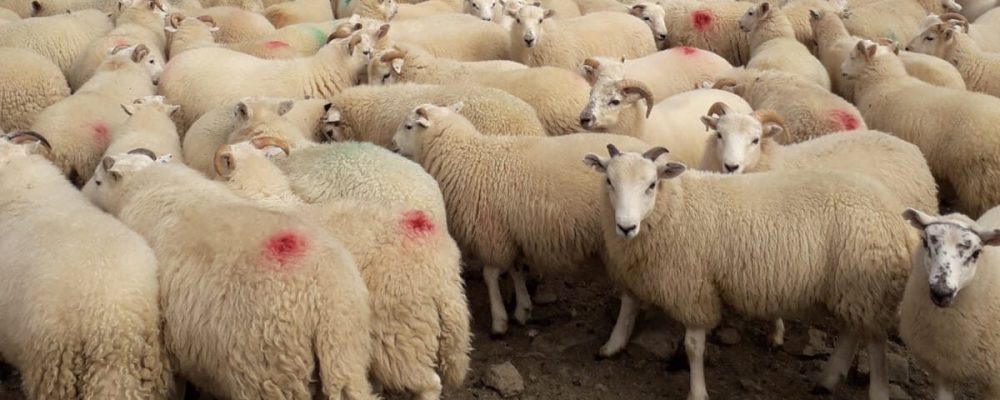
Option 4: Borrowing
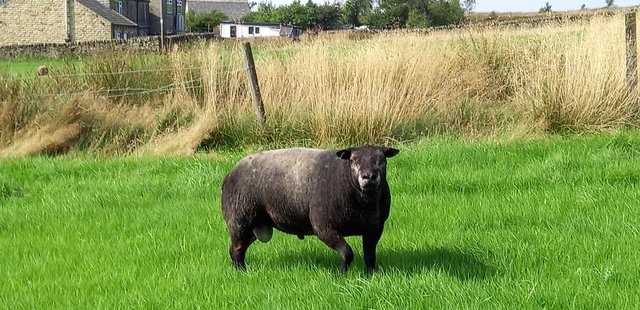
Have you got a neighbouring sheep farmer that could lend you a ram? This is the cheapest way to breed your ewes.
It is important to remember that you may have to lamb slightly later in the season if the ram is servicing is owner’s ewes before he comes to you. If you are borrowing tups, it pays to plan. It’s worth noting that when borrowing a ram, you will have many of the same risks associated with renting a ram, but without as much financial outlay.
Whenever bringing an animal on to your farm, you risk bringing a disease in with it. Often, diseases can remain hidden for years before surfacing and can severely damage the productivity of your flock. We recommend using reputable breeders and trustworthy sources whether you buy, hire or borrow.
Option 5: Artificial Insemination (AI)
If none of the options above suit your farm system, perhaps Artificial Insemination (AI) is for you.
Rather than bringing an animal on to your holding, you may prefer to bring a professional artificial insemination company in to service your flock. This can give you the option to select rams based on the genetic traits that would suit your farm system. This mitigates the risks of bringing an animal on to your farm.
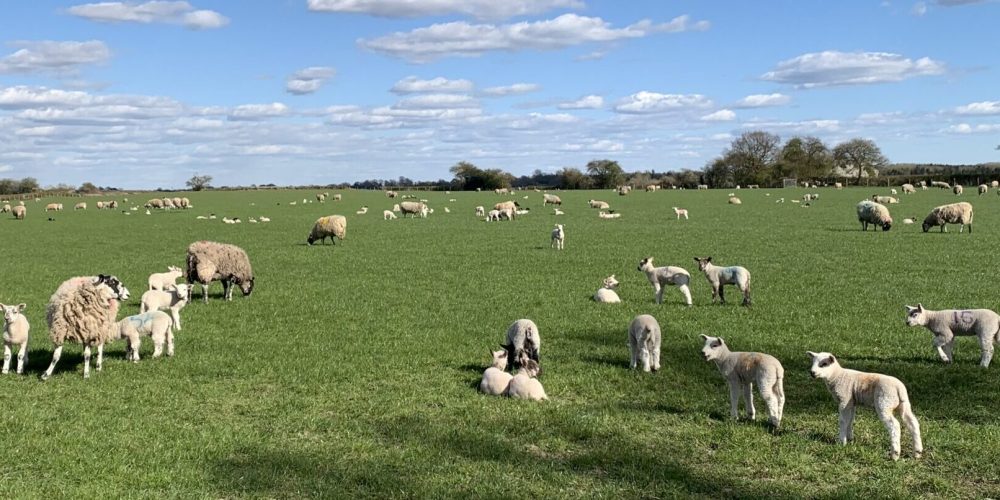
For support with your sheep farming enterprise, please call our team – 01789 734100 – or email info@meadowq.co.uk. For more information on the work our Sheep Team do for British Farmers, click here.
Sheep Society Links
- British Texel Sheep Society
- Beltex Sheep Society
- Lleyn Sheep Society
- Blackface Sheep Breeders Association
- Valais Blacknose Society
- Cotswold Sheep Society
- Shropshire Sheep Society
- Suffolk Sheep Society
- Bluefaced Leicester Sheep Breeders Association
- Border Leicester Sheep Breeders
- British Charollais Sheep Society
- Cheviot Sheep Society
- View more sheep breed societies - NSA


